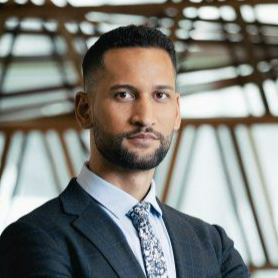As the end of Māori Language Week nears, Reo advocates are firm in their position that focus on Te Reo Māori won't stop when the week is over.
One of those is Pākehā woman and Māori Land Court judge Carrie Wainwright, who is a passionate life long learner of Te Reo Māori.
“I couldn't do the job that I do without it,” she says.
“I have the privilege of working with Māori communities, resolving disputes, and being able to do that with a Māori thought process is very important to me,” Wainwright says.
She started her Reo journey as a junior lecturer in the law faculty at Victoria University. When the time came for her to do her masters, she capitalised on her fascination for languages by learning Te Reo as means of preparing for the Māori Land Court.
“I had just finished being a student, and I couldn't think of anything worse than doing a masters.
“I was supposed to do a masters in law and I couldn't think of anything worse, so I thought up an excuse to get out of that. I was more interested in learning languages than I was in doing a masters in law so I started Māori 101 in 1984.”
Despite being full-blooded Pākehā, Wainwright encourages all Kiwis to learn Te Reo and says it is important to be fully integrated as a New Zealander.
“I support anybody to learn this language because you will have no idea when you begin where it will take you. Because it will take you to places all New Zealanders need to go in order to be fully of this place.”

